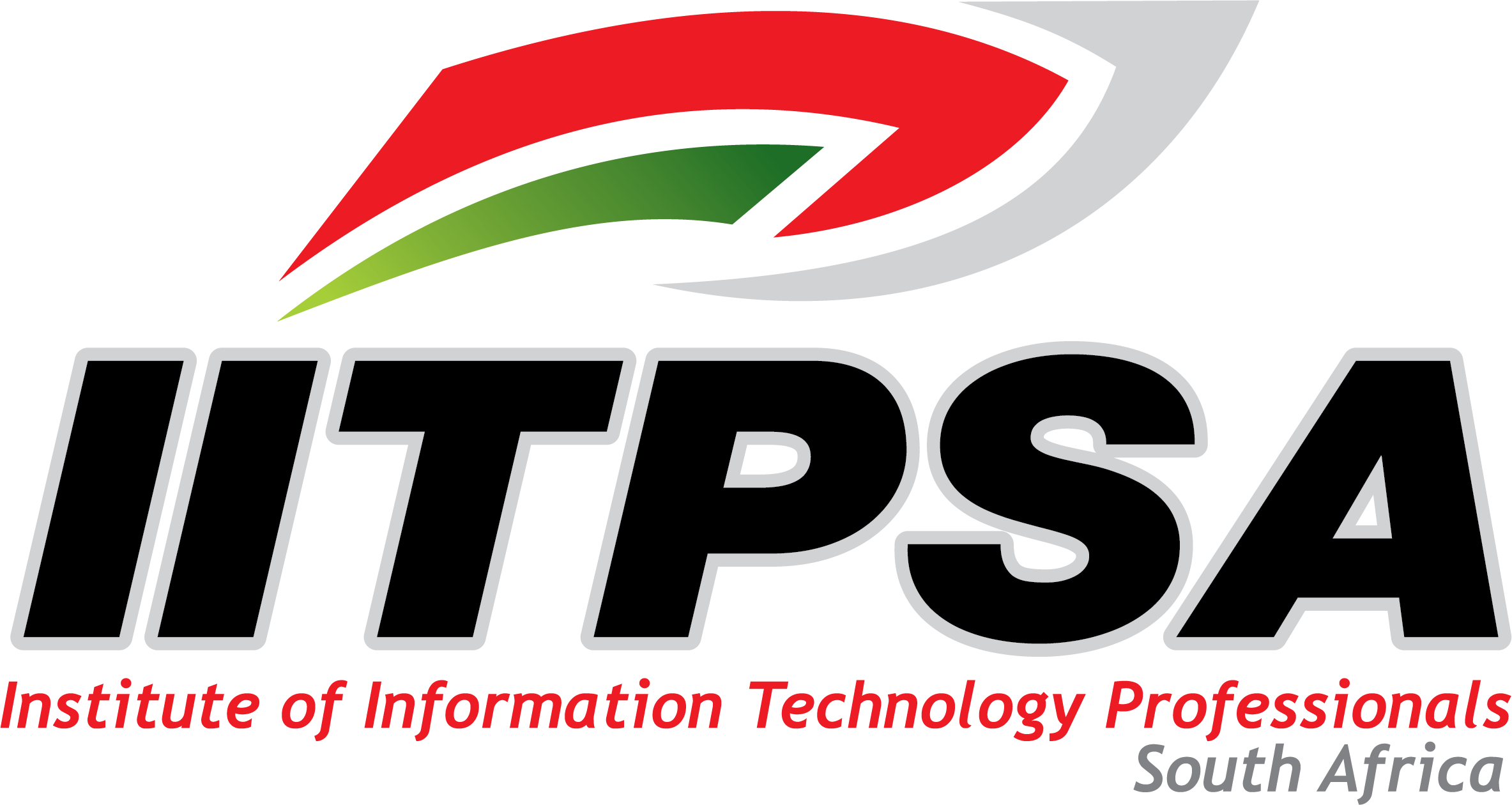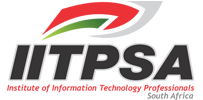The World Economic Forum (WEF) has recently released the 2014 edition of its Global Information Technology Report, subtitled ‘Rewards and Risks of Big Data’, which sees South Africa ranked 146th out of 148 for the quality of its education system, and 148th out of 148 for the quality of its science and maths education. This is taken in the context of the report being compiled from the input of “a network of over 160 Partner Institutes around the world” and “business executives who participated in the Executive Opinion Survey”. In South Africa, the two “Partner Institutes” are Business Unity South Africa (BUSA) and Business Leadership South Africa (BLSA).
IITPSA (Institute of Information Technology Professionals) asks the question: Should South Africans be worried?
Adrian Schofield, a Fellow and Professional Member of IITPSA and a well-known and highly respected ICT Industry commentator, shared the following views:
“The DBE is right about [the report] being based on the opinions of selected executives, and only a handful of them. Without some rigorous investigation of how they are selected and what sort of sample cross-section they represent, it is impossible to gauge how much reliance to place on their responses. Even if we are satisfied with the sample, they still only represent business interests, and it would be better to include other stakeholders in the sample, together with a data-based analysis of pass marks and pass rates.”
Schofield says he is not arguing that the findings are grossly inaccurate – he suggests that many people agree that the average quality of education in South Africa is abysmal. “If we can achieve the halfway point in the Network Readiness Index, we should be able to achieve at least that in education,” he adds.
South Africa has to drastically overhaul how it creates teachers. They must be professionalised, weaned away from seeing themselves as unionised employees in conflict with their employer while kicking as many students through the factory as possible, regardless of quality.
How will that happen? It requires employers (private, public, non-profit, foreign), parents and teachers to work together with government to transform the money spent wastefully into money spent productively. We have plenty of money for education; we just don’t manage it properly. It’s not for “them” to sort it out, it’s for “us”. We have seen how “silo” initiatives can be effective. Unless we work together to spread these examples, we cannot change the future. Will “lobbying” work? Probably not – there seems little incentive for the Ministers responsible for education to sit up and take notice, as they have been left in place in the new Cabinet.
But, if BLSA and BUSA are prepared to have their names in the “credits” for the WEF report, then maybe interested bodies such as IITPSA should be working with them and their members to form a more effective coalition for better education in South Africa.

